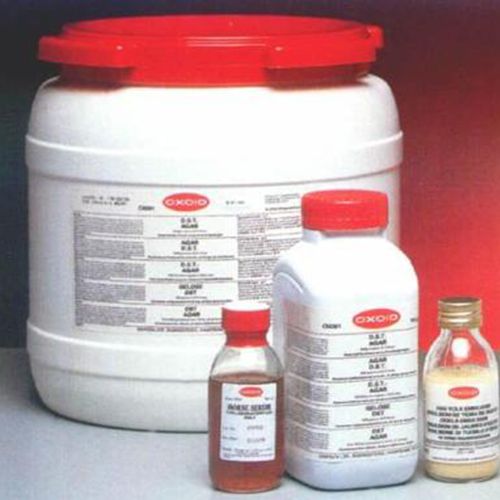Ovary is the gonad of the female, its main function is to produce oocyte
and ovulate, produce sex hormone to wait like estrogen, progesterone. The
function of the ovary is mainly determined by the number and quality of
follicles in the ovary. The total number of follicles at birth is about 2
million, and the total number of follicles at puberty is about 300,000 to
500,000. Generally, only 400-500 follicles mature and ovulate in a woman's
lifetime.

Should vigilance ovarian function decline below what circumstance?
◆ ovarian function begins to decline, the normal cycle of sex hormones is
disrupted, will cause menstrual disorders. Cycle is not allowed, menstrual
period lead or push back, irregular, menstrual volume originally normal but
gradually reduce or even no, menstrual duration shortened, menstrual blood color
purple black or pink, menstrual blood thick or thin, will be vigilant about the
occurrence of ovarian function recession. If menarche of menstruation is to come
after 18 years of age, or it is second sexual sign appears 2 to 3 years later
menstruation just comes a woman, also exist ovarian function drops the
likelihood.
Methods to detect ovarian function
◆ inhibin B: decreased inhibin is the earliest indicator of ovarian
dysfunction.
◆ follicle-stimulating hormone FSH level: if the ovarian function has been
aging with age, the value of FSH in the follicular stage will increase compared
with the younger stage, so the value of FSH on the third day of the menstrual
cycle is sufficient to reflect the current function of the ovary. The higher the
value, the worse the ovarian function. When serum FSH is greater than 10mIU/ml
on the 3rd day of menstruation or at any time during menopause, ovarian
dysfunction may be present. According to statistics, if the number of FSH on the
third day of the menstrual cycle is higher than 20IU/L, the pregnancy rate will
significantly decline, if the number is higher than 25IU/L, there is little
chance of pregnancy. This test can also be extended to women who still have a
normal menstrual cycle. If the FSH value rises on the third day of the menstrual
cycle, the ovarian function has begun to age. In addition, although women may
have different FSH values per menstrual cycle, if the FSH value is found to be
high during a certain period, the ovarian function may have a tendency to
decline.
Mixer menstrual cycle on the third day of luteinizing hormone (LH) number:
the occurrence of luteinizing hormone and follicle and growth is closely
related, according to the research of the university of Florence, Italy in 1998,
if the third day of the menstrual cycle of LH value if less than 3 iu/L, show
the ovaries to induce ovulation stimulation reaction is bad, in addition to the
less number of follicles, while female hormonal response is less obvious, the
quality of the follicle may also be affected.
◆ women's hormonal (E2) value on the third day of menstrual cycle:
according to the overseas Cornell university study, if the E2 value on the third
day of menstrual cycle is less than 30pg/ml, the pregnancy rate is better in
this cycle, and if the E2 value is more than 75pg/ml, there is little chance of
pregnancy. In addition, E2 value in the menstrual cycle can also represent the
quality of follicles. The average E2 value secreted by a mature follicle is
about 200-400pg/ml.
◆ measurement of serum FSH/LH ratio: when the serum FSH/LH ratio is greater
than 3.6, there may be ovarian dysfunction.
◆ vitamin E can stimulate the function of the anterior pituitary and
increase gonadotropin; Enhance the physiological function of ovary and promote
the development of follicles at all stages; Improve luteal development, delay
luteal atrophy and degeneration, and increase progesterone level. Vitamin E can
regulate the function of immune cells and enhance the ability to fight bacterial
and viral infections. Induce the body's tolerance to exogenous or autogenic
antigens, which may reduce the infertility and abortion caused by immune
factors. Vitamin E can reduce the appearance of abnormal sperm, improve sperm
motility and improve sperm quality.